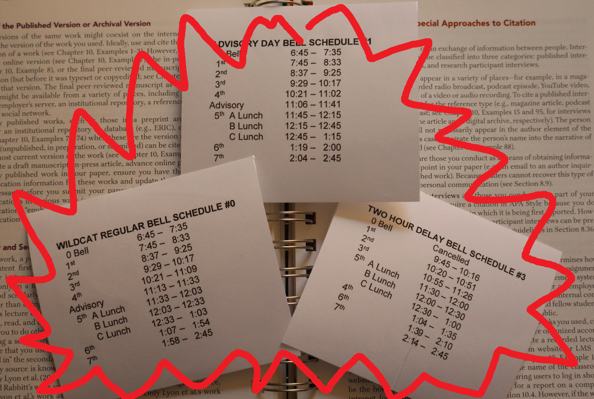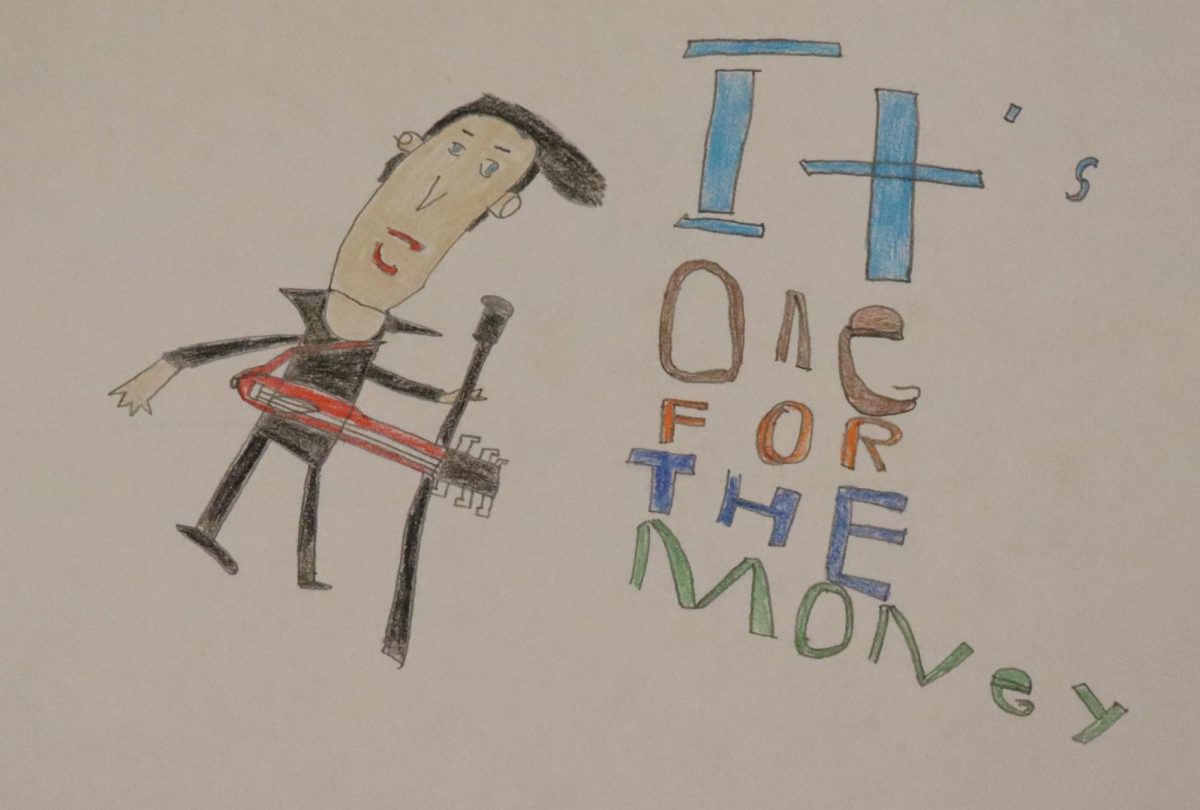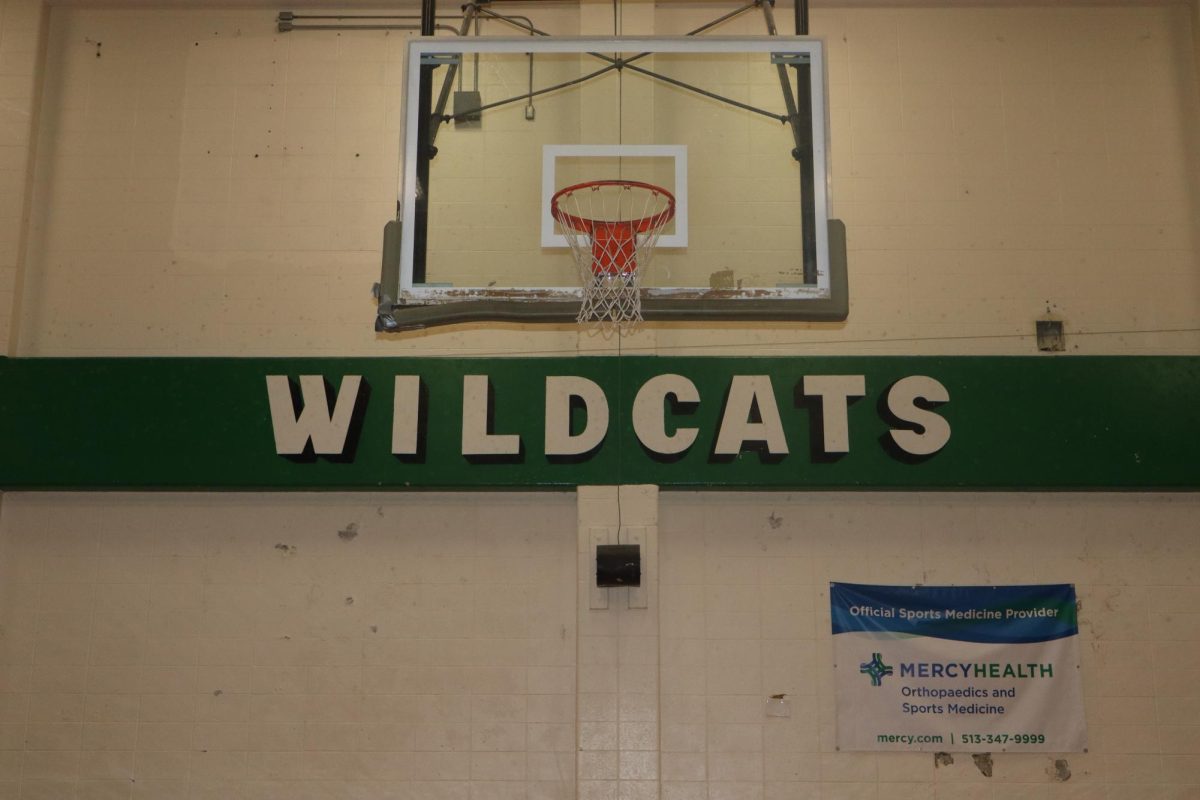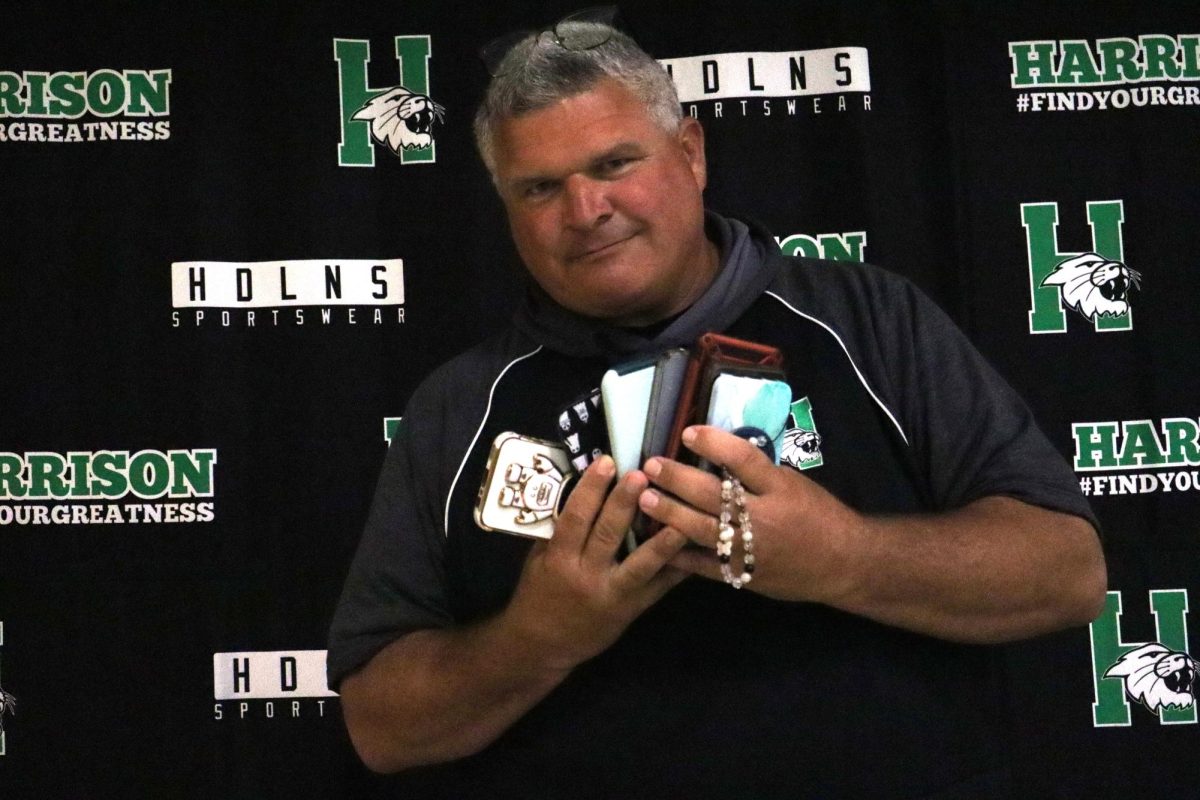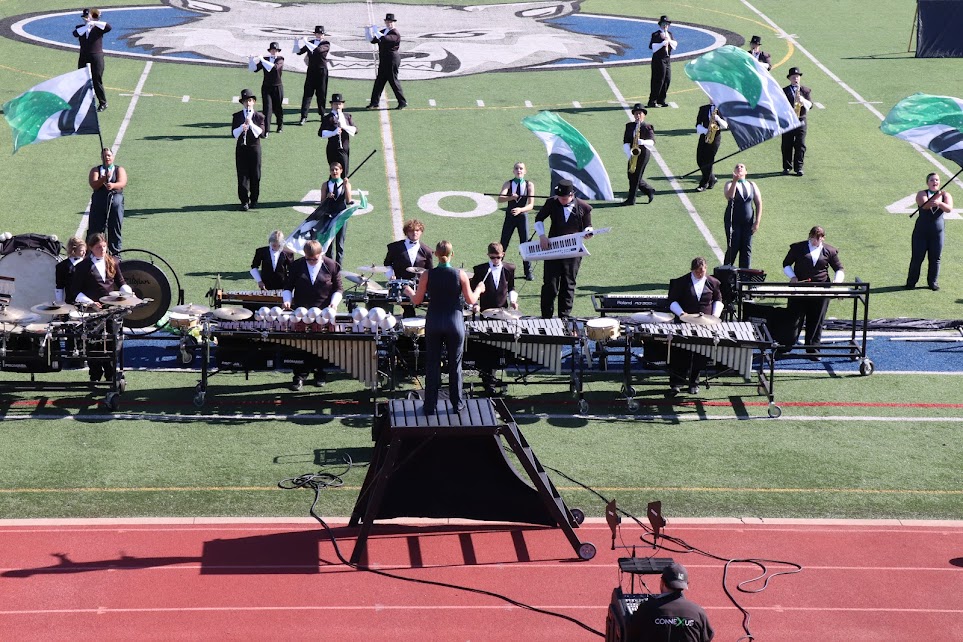“Academic and social growth for all students, every day.”
As a student at Harrison High School, you may feel like this phrase gets drilled into your head a lot. Our school typically uses it as a way to focus on getting all students involved in an extracurricular, almost as much as it focuses on helping us achieve academic success. Like many schools, Harrison High places the most emphasis on sports, even requiring two semesters of P.E. class for all students. However, a loophole exists for less athletically interested students in the form of the P.E. waiver.
The waiver replaces two courses of physical education, instead requiring students to participate in two seasons of a physically active extracurricular or a sport before their junior year. Among these activities are a variety of sports, cheerleading, JROTC, marching band, and color guard. However, many athletes here at Harrison have questioned the inclusion of certain activities such as marching band and color guard, claiming they should be included with programs involving the arts rather than athletics. This has caused a debate between students with different opinions on these slightly controversial inclusions.

Many students believe that marching band is not an athletic activity, as it mostly involves playing musical instruments. According to Griffin Samuels, a Junior and a wrestler at Harrison High School, marching band and color guard definitely do not count as a sport. He claims, “there’s no physical activity and there’s no competition. All [band members] do is play an instrument for fun.” The athlete also described the criteria for a sport as, “competition based on skill and effort.” This is an understandable belief given Samuels’ experience with athletics through wrestling. Clearly there is a lot of effort that goes into such an intense physical activity, and marching band would certainly pale in comparison. Another student shared this sentiment, arguing that marching band isn’t as physically active or time consuming as other sports. In a brief poll of Harrison students, 48% of the respondents replied that marching band is not a sport, while only 37% of them disagreed, further supporting the argument against marching band.
While the majority of students may not classify band and color guard as a sport, others held a much different opinion. In the previously mentioned poll, several marching band members also gave their thoughts on what defines a sport. Freshman, Daniel Miller, explained that band should be classified as a sport because of rigorous training which members endure even before the marching band season begins. “Just like in basketball, we constantly stretch and practice for our parts in the team,” shared the percussionist. Miller highlighted how a sport is not only defined by its physical nature, but also by its intellectual elements, “it must be challenging in both aspects and should push athletes to do their best.” In many sports such as football and basketball, the main objective is fairly simple. There may be an outline of how an athlete will execute their play, but the main point is to test their physical abilities and judge how strong they are. Marching band stretches each member’s athletic abilities, while also forcing them to comprehend complex patterns and mental routines.
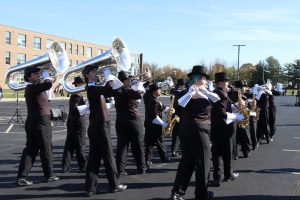
To understand their point of view, it is important to know the specifics of what band members do during their training. Another band member explained, “In marching band we have to constantly be on our feet. We are always walking and standing and have maybe 1-2 five-minute break(s) in 4 hours.” In the band, members must learn how to march properly and hold their instruments while stepping in time. They eventually level up to a higher goal, playing the notes in their music like a fully functioning band, while still marching in time. Most of this training takes place over the course of two weeks during band camp, acting as a series of eight-hour long rehearsals during the summer. An anonymous student explained, “In a sport you have to be dedicated to physically move your body, and marching band does that.” With the time and dedication these students put into their performance, they certainly make a good argument for the inclusion of marching band as a sport.
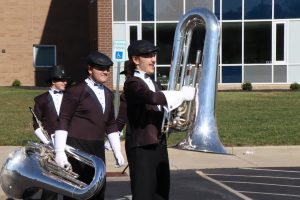
Other students who haven’t been in marching band also provided opinions on the argument for the activity’s inclusion as a sport. Sophomore, Gwynevere Hill, commented on the subject by addressing her involvement in the Harrison track and cross-country programs. “I can say firsthand that carrying around a heavy instrument while marching around is much more straining than anything I did while running track and cross country,” stated Hill. She is also a dedicated cast member of the Harrison drama club, and while she has never participated in any band activities, she understands the strength band performers must have during a competition. When asked about her experience, she explained, “Part of our drama choreography last year during Legally Blonde was to march around and even into the audience while carrying instruments. I can’t imagine how much harder it would be to have to control your breath and play the right notes while doing all that.” Band members do have to master their breath control, and step in time, AND play the right notes in their music! Whether or not marching band is a sport, there are certainly plenty of complicated factors to consider!
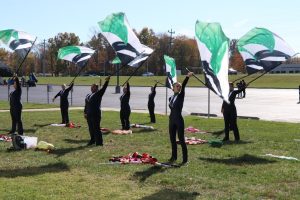
There was one final argument mentioned by several students which involved other extracurricular activities and their standing with P.E. credit. Gwynevere Hill agreed with the inclusion of marching band as a sport, but also stated how ridiculous it is that A Capella isn’t classified the same way. She claims, “We always stay hours after school drilling choreography while singing and carrying mics that are much heavier than you’d think.” Sophomore Naomi Bucher voiced similar opinions, describing the Harrison Performing Arts program as another great opportunity to gain physical education credit. According to her, “I feel like if marching band counts for PE, drama club should also because of all the dancing.” Bucher explained that anything competitive involving physical activity could be considered a sport, but that this doesn’t necessarily mean it should count for P.E. credit. She claims that this is because, “the PE exemption should also apply to any extracurricular that involves physical activity.” While they may not all be considered sports, these activities certainly have physical elements that are designed to at least get students moving, and that alone should be enough to count for a P.E. exemption!
It can be fun to argue back and forth over what exactly defines a sport, but the truth is, it doesn’t matter! Whether you support the inclusion of marching band and other artistic activities, or you think they should be strictly set apart from sports, each extracurricular has its own goals and accomplishments. All of Harrison’s performers, athletes, and club participants work equally hard in their own unique ways. The important takeaway is that all of them are contributing to our school’s ultimate goal, growing academically, athletically, and socially every single day!





